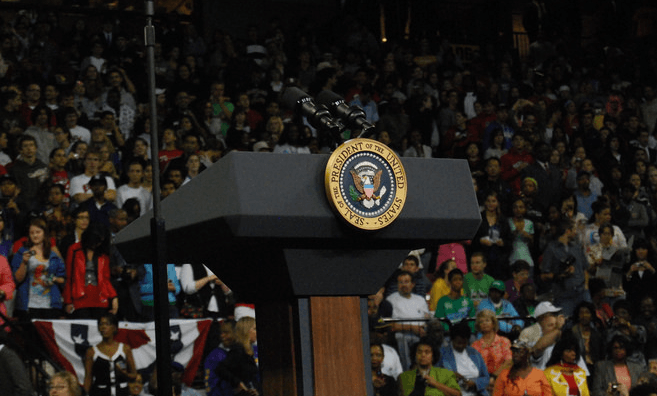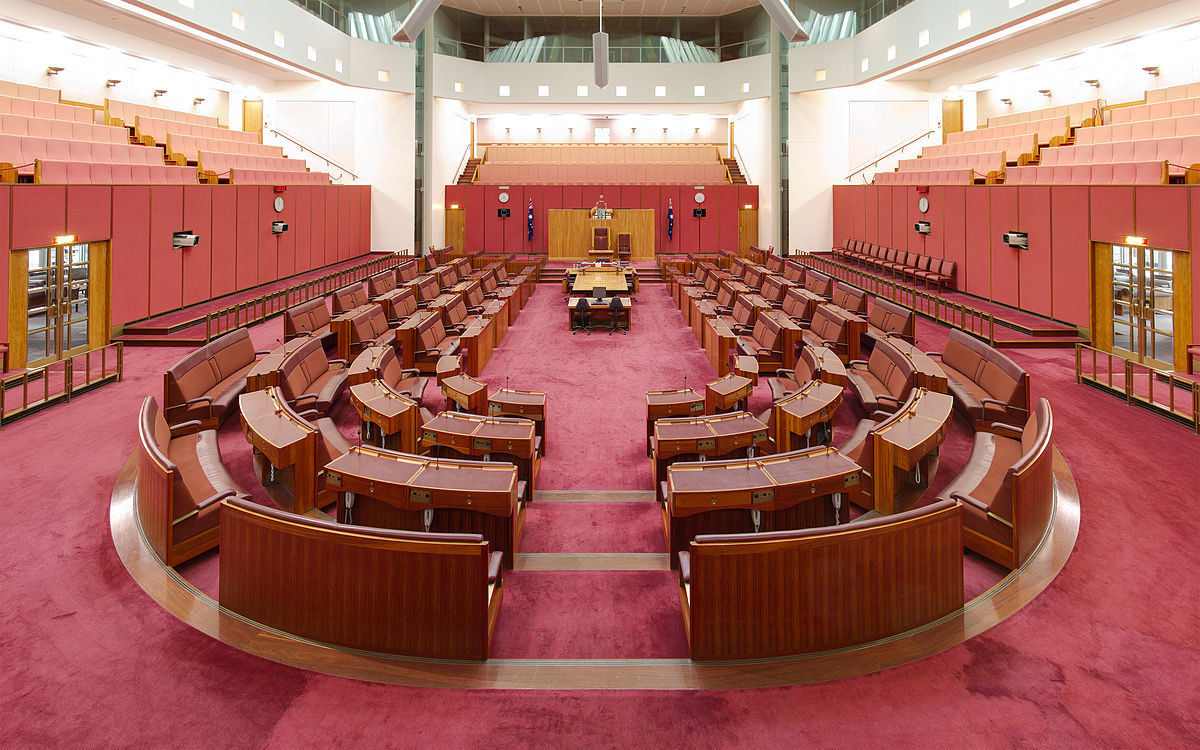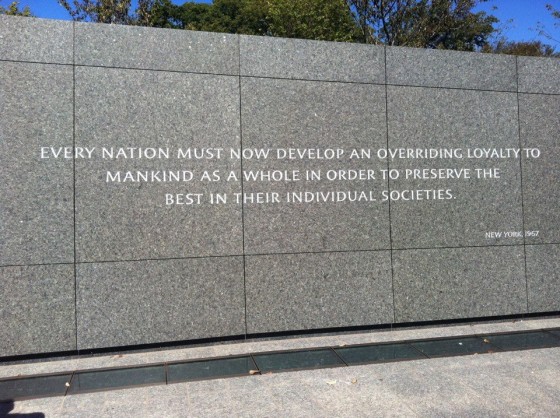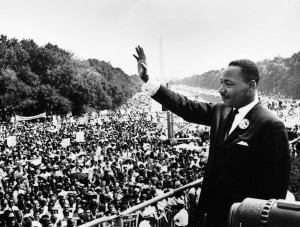-
Electing the President
There is something fascinating about the “contest” which elects the President of the United States. The 2016 election is no exception. Candidates who weren’t imagined before the election year have come to the fore and with them the discourse and the “contest” has been thrown open. Issues of gender are right on the surface. And the fact that a women has never been elected as President is one of the issues. Gender issues are present in other ways. Women’s bodies and women’s rights have repeatedly surfaced as a political football. Issues of race are prominent, who is allowed to belong – who needs to be locked out. Who can claim…
-
Parliamentary Committee: Law to Strip Citizenship Lacks Proper Justification
The Human Rights Committee of the Australian Parliament has expressed serious concerns about human rights compatability of the proposed law to strip citizenship from dual nationals suspected of involvement in terrorism. (Australian Citizenship Amendment (Allegiance to Australia) Bill 2015) The Committee, which has the job of making sure Australian laws are human rights complaint, made its findings in its latest review of Bills before the Australian Parliament. The Bill (which is expected to be adopted by Parliament) proposes to automatically strip citizenship from a dual national where the person is involved in a terrorist act or in supporting terrorism. The Committee notes that removal of citizenship has broad ranging human…
-
Elysium – The Future of Human Rights is Now
Like Gattaca, the movie Elysium paints a picture of a dystopian future. Both movies explore questions of human rights and exclusion. That’s pretty much where the similarities end. Elysium’s Social Justice Message Elysium is unashamedly a sci-fi action flick in mainstream Hollywood tradition. It’s heroes and villians ride in guns blazing. If that’s your thing, then you’ll enjoy the ride. If not, underneath the hero myth, it’s a movie with a serious message. It deals with economic and social extremes in our world today. The future is just a mirror to help us see the present more clearly. In that sense, its science fiction doing what science fiction does…
-
Why Global Citizenship?
1. Introduction Plutarch said: … nature has given us no country as it has given us no house or field. … Socrates expressed it … when he said, he was not an Athenian or a Greek, but a citizen of the world (just as a man calls himself a citizen of Rhodes or Corinth).[1] Plutarch urged his audience to become conscious of a wider reality and to exercise their imagination to overcome a narrow, localised conception of their identity. That is the role of my global citizenship claim too. Plutarch and Socrates did not conceive of the world as a globe,[2] as I do: I have travelled across the world;…
-
The Crisis of Human Rights: Discrimination Against Non-Citizens
The basic idea at the heart of human rights is that all human beings are equal: equal in rights – equal in human dignity. This idea is universally accepted and believed. At the same time another idea – the idea that we are separately citizens of different countries is also a feature of the modern world – and the way it is practised has led to enormous discrimination and violation of human rights. In reality people, as a matter of law, have different fundamental rights even though we believe that all human beings are equal. In a recent paper titled “Human Rights in the Age of Migration: An Empirical Analysis of Human…

















